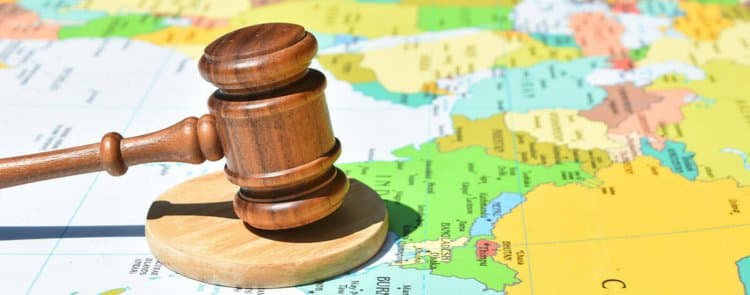
How are public safety and civil liberties determined in International Laws?
Many nations have struggled to balance civil freedoms and public safety, particularly in the wake of challenges to global security. International laws have sought to address this balance, but there is still much debate on reconciling these competing interests.
While public safety is a fundamental concern for governments and citizens alike. Each nation must protect its citizens from harm, be it from criminal activity or acts of terrorism. In many cases, this requires governments to take steps to monitor and investigate potential threats, such as increased surveillance and intelligence-gathering activities. These measures can be controversial. However, they can infringe upon individual privacy and civil liberties.
Nevertheless, civil liberties act as a cornerstone of democratic systems. International laws guarantee human rights, freedom of expression, and the right to privacy. Some contend that overzealous monitoring and other precautions imposed for public safety can jeopardize these rights and weaken democratic principles.
These laws seek to balance these competing interests. For instance, the Universal Declaration of Human Rights acknowledges the value of public safety and the right to privacy and freedom of expression. Additional guidance on balancing these rights with the requirement for public safety is found in the International Covenant on Civil and Political Rights.
However, there are still challenges in striking this balance. In many cases, laws may be too broad or vague, allowing governments to justify surveillance and other measures that are beyond necessary to protect public safety. There is also a risk that these laws will target political protestors, rather than genuine security threats.
The situation is complicated by the fact that different countries have different laws and standards when it comes to public safety and civil liberties. It can create tension when nations try to work together to combat threats that cross borders, such as terrorism or cybercrime. It can also create challenges for businesses that operate globally, as they may have to comply with different laws and regulations in various nations.
However, governments need to take action to protect their citizens. These measures must be balanced between the need to secure individual values and democratic rights. Striking the balance will require ongoing debate and engagement from all stakeholders, including governments, civil society groups, and international organizations.
For any legal queries or information, contact ask@tlr.ae or call us on +971526443004